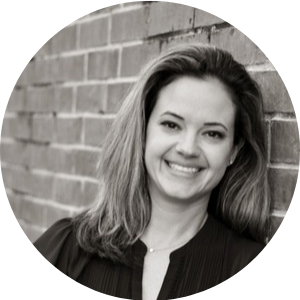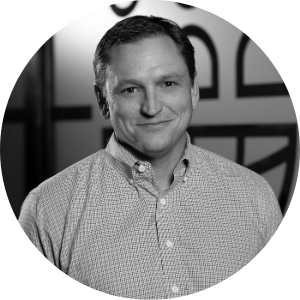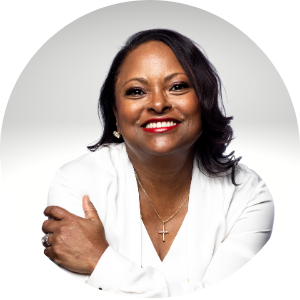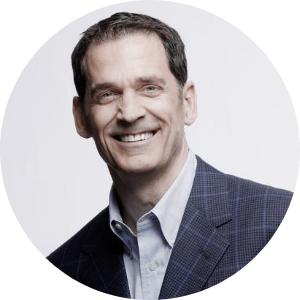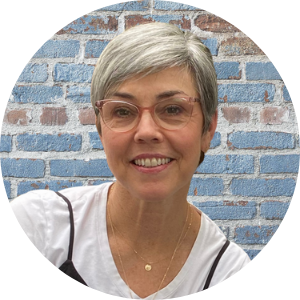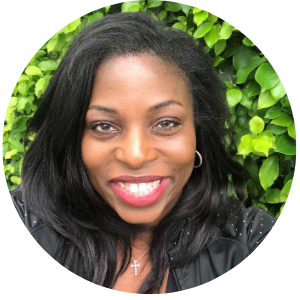
Silicon Mountain: Finding Multi-Stakeholder Wins in the eWaste industry
Silicon Mountain | Finding Multi-Stakeholder Wins in the eWaste industry
Hillary and Joel Patterson transformed a business opportunity into a passion project. After designing ERP solutions for clients in the electronic waste recycling industry, they jumped into the fascinating world of recycling, repair and redistribution of the electronics we regularly toss in our trash. They became SO passionate that they privately funded and produced a documentary, Silicon Mountain.
Episode 20 | September 15, 2020
Show Notes
It’s the ultimate win-win-win situation where we help the environment, we help businesses, we help people – the products that are sent off to other countries can help with education. There’s just such a big benefit. I wanted to show what all the opportunities are, and how individuals and companies can make a difference.
– Hillary Patterson, The Vested Group
The Unintended Impact of Constant Innovation
Today we use more electronics and gadgets than at any point in history. Electronics are used in everyday life, with people upgrading their phones to the latest model, buying new technology for their companies, homes and more. This raises the question: What happens to the waste? How can we recycle and safely dispose of it? And who might this benefit?
What is Electronic Recycling?
[17:05] “Only 20% of any of the waste in the world gets recycled. So that shows you the potential of growth and the amount that can be gained by just recycling our own devices… “Such a small percentage of what’s out there that can be recycled is actually being recycled… Approximately 400,000 smartphones are thrown away every day in the United States.”
[18:14] There’s $343 million worth of gold in those phones, $46 million worth of silver. If we don’t recycle that, then we have to dig that out of the earth again. The environmental ramifications are obviously ongoing and large – something that we can easily take a big chunk out of.”
[33:31] “They have almost unlimited demand for their products when they recycle and repair these items that come in. Their struggle as [an eWaste company] is getting this stuff.”
What About Data Security?
[20:58] “As long as you’re going to a certified recycler, they have the process in place…as long as you’re using somebody reputable, they’re going to take care of it … because their reputation is on the line as well; they’re going to make sure that that that it’s secure before it’s actually sent to anyone.”
A Circular Economy
[22:47]“It’s taking something that one person has stopped using. And a lot of times people will buy the new iPhone because they want a new iPhone, not because there’s anything wrong with the last one that they have. Instead of leaving it in a drawer, they’re giving it to somebody that can either sell it, refurbish it, and putting it back into the economy.”
Silicon Mountain Documentary
Premier Information:
Date: Thursday, September 17th , 2020
Time: 7pm CST
Streamed through: http://www.siliconmountainmovie.com/
Thank you for listening and reading! I’ve included links to various resources covered in this episode.
And remember…Elevate Your Part of the World!
To learn more about Joel and Hillary Patterson and The Vested Group please visit:
Joel Patterson http://www.thevested.com/meet-your-team
The Vested Group http://www.thevested.com/netsuite-provider-the-vested-group
https://www.linkedin.com/company/the-vested-group/?trk=top_nav_home
https://twitter.com/TheVestedGroup
https://www.instagram.com/thevestedgroup/
https://www.facebook.com/VestedGroup/
I specialize in helping leaders and organizations thrive. Reach out if there’s a way I can support you.
